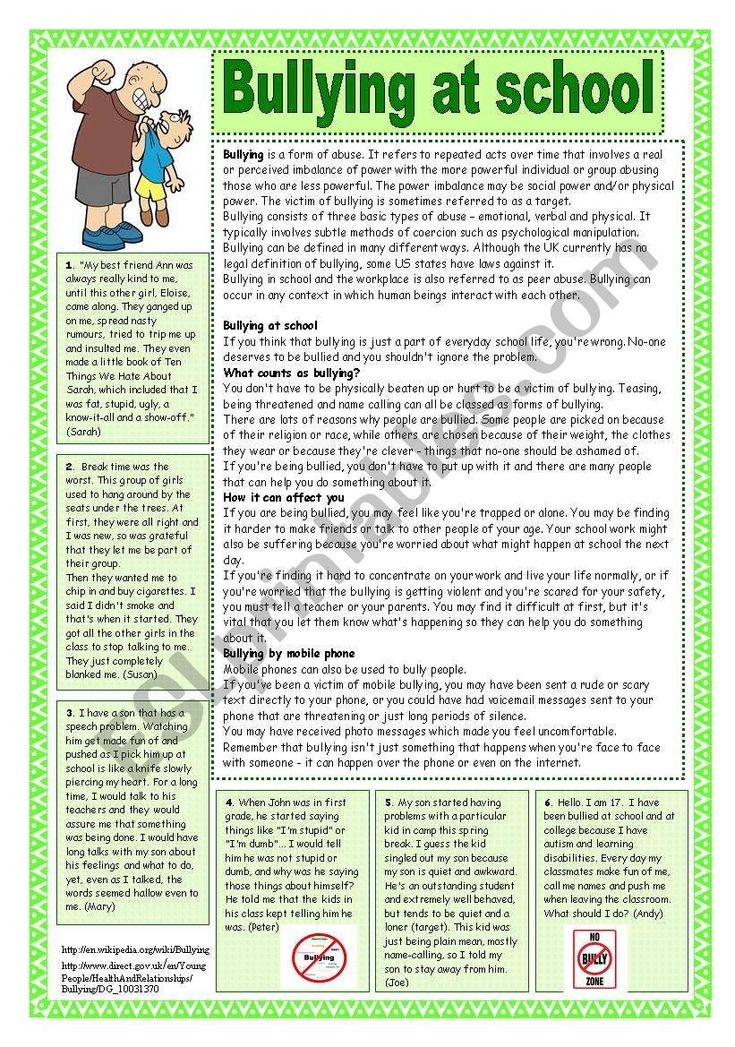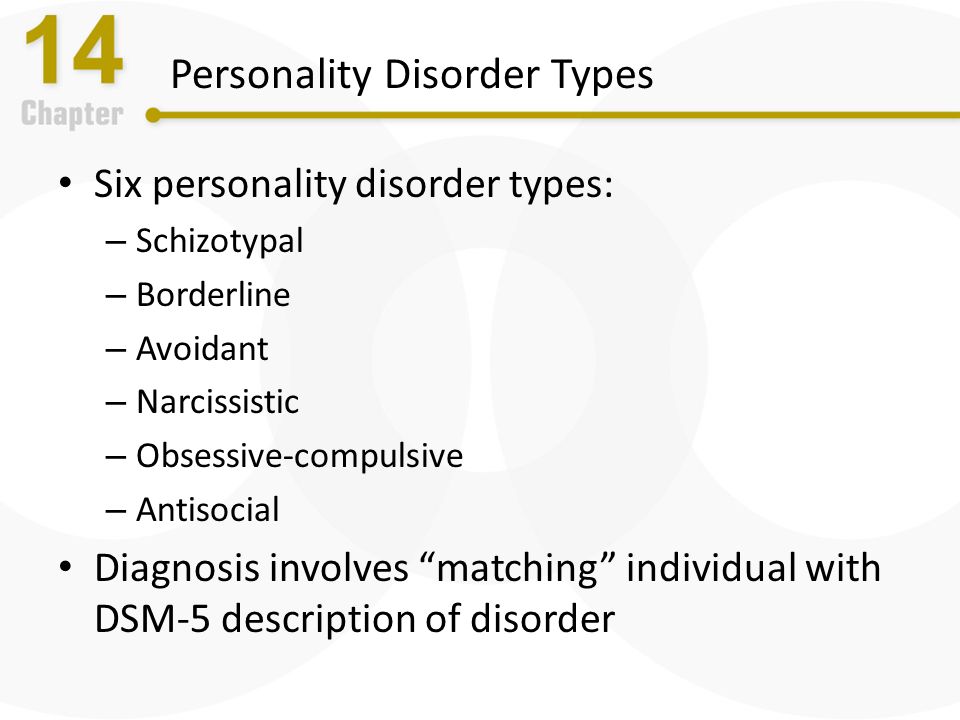Where does gaslighting come from
Here's where 'gaslighting' got its name
We've been exposed to a lot of nastiness during this US presidential campaign. As well as some choice vocabulary.
Some of the words we’d rather not repeat, if we can avoid it. Some just seem made up (bigly?). And then there are the real terms that you may not have encountered before. Take the verb "gaslight."
"Gaslighting" has been all over the press lately, mainly in reference to Donald Trump.
So what does this word mean? "Gaslighting" is used to describe abusive behavior, specifically when an abuser manipulates information in such a way as to make a victim question his or her sanity. Gaslighting intentionally makes someone doubt their memories or perception of reality.
The word has been thrown around this campaign season both correctly and incorrectly. Headlines abound about how Trump has been gaslighting his followers or gaslighting the American public. The word has been used to describe Trump's comments disputing proven facts throughout the campaign — for example, when he accuses Hillary Clinton of starting the birther movement against President Barack Obama — or when he responded to accusations made back in March by reporter Michelle Fields that his former campaign manager Corey Lewandowski grabbed Fields’ arm roughly as she tried to question him after a speech.
Here's Trump's response to questioning by reporters about that:
The term "gaslighting" can be traced back to a 1938 play. British playwright Patrick Hamilton created "Gas Light," a mystery/thriller that premiered in London and played there for six months. But most folks familiar with the history of the term think back to the 1944 film adaptation of the play, "Gaslight."
The movie stars Charles Boyer and Ingrid Bergman. They play a married couple, Paula and Gregory. Throughout the film, abusive husband Gregory manipulates Paula to make her feel as if she has gone mad. He leads her to believe she's stealing things without realizing it and hearing noises that aren’t really there. Paula begins to question her reality.
Spoiler alert — Bergman's character does finally escape her torture and redeems herself in an epic scene where her husband is tied up. He tries to manipulate her into getting a knife to cut him loose. In a clever turn, Paula reverse-gaslights her husband by pretending to be too insane to free him.
And in fact, you can see Hillary Clinton using reverse-gaslighting tactics in her responses to Trump. Like in the first presidential debate when she questioned her opponent’s grasp of reality after he described the TPP.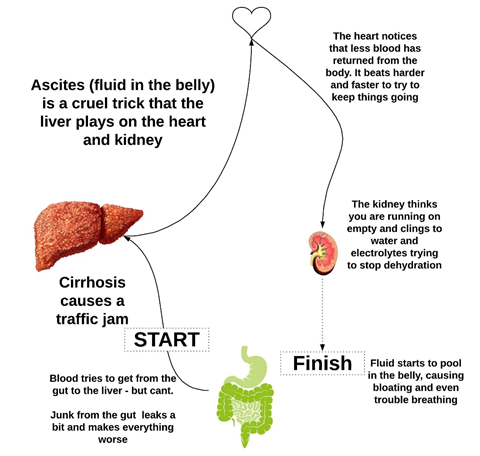
Back to the historical reference: "Gaslight" also refers to one of the ways in which Gregory manipulates Paula. Throughout the film version of the story, Paula sees gaslights dimming and brightening for no apparent reason. Gregory convinces her that it's all inside her head. In reality, he was switching the attic lights on and off to create the gaslight flickers. He manipulated her belief in her own perception of reality through the gaslights.
Incidentally, Bergman won an Oscar for Best Actress her performance in the film.
Where does gaslighting come from?
Where does the term “gaslighting” come from?Gaslighting is one of those terms that we hear often in the mental health world today. It is a common tool narcissists will use to control those around them and is an oh-too-common occurrence when discussing emotional manipulation. You might see articles or posts from Insta-therapists teaching you all about the nuances of the term and how it shows up in our unhealthy relationships. I’m here to give you some history and context of the term– because it’s kind of an odd term if I’m honest.
It is a common tool narcissists will use to control those around them and is an oh-too-common occurrence when discussing emotional manipulation. You might see articles or posts from Insta-therapists teaching you all about the nuances of the term and how it shows up in our unhealthy relationships. I’m here to give you some history and context of the term– because it’s kind of an odd term if I’m honest.
The term “gaslighting” originates in a British play-turned film from the 1930s. The play was called “Gas Light” and the plot is about a husband who mentally and emotionally manipulates his wife into believing she is crazy by changing the intensity of the gas lamps within their home. He does other crazy-making things like knocking on the walls or moving/disappearing items around the house. This obviously brought up some questions from Paula, the grieving and rich wife he had quickly married after discovering she had wealth.
He was so persistent in denying her reality that he eventually convinced her that she was crazy. The story ends in an epically tragic (and totally upsetting social reality) of the wife being committed to a mental institution in order for her inheritance to be stolen by her conniving husband. The film is upsetting to watch because the audience is watching a woman slowly begin to question herself and her sense of reality.
The story ends in an epically tragic (and totally upsetting social reality) of the wife being committed to a mental institution in order for her inheritance to be stolen by her conniving husband. The film is upsetting to watch because the audience is watching a woman slowly begin to question herself and her sense of reality.
Gaslighting remains one of the most serious and insidious forms of psychological abuse. It runs rampant in unhealthy, abusive, and toxic relationships because it is so successful at causing the victim of abuse to question themselves so intensely. It's incredibly effective and upsetting to the victim in these dynamics. You can read more about the 5 different types of gaslighting here.
We also have to consider the social environments in which these dynamics are allowed to exist. There’s an undeniable history of women being called crazy or hysterical when expressing feelings, upset, or concerns. In some cultures, communities, or religions, it’s even expected to dismiss or downplay a woman’s concerns. Because of this, it might be easier for women to miss the signs of being gaslit early in a relationship.
Because of this, it might be easier for women to miss the signs of being gaslit early in a relationship.
As a culture, we also have a ways to go before we have arrived at true emotional intelligence. There is still incredible discomfort with emotions or emotional reactions and we often treat those that are expressing their experiences with disdain, concern, or distancing. As you can imagine, this provides fertile ground for gaslighting and can be hard for those that have been historically emotional to stay true to their experiences or protect themselves from gaslighting in relationships.
Reality-TV + Cultural ExamplesReality-TVLet’s talk about some examples of gaslighting that play out on a national and cultural stage. A recent example played out on Season 2 of Love is Blind on Netflix. There’s a fateful moment with contestant Shayne is actively dating two different women in the “pods”. He smugly walks into the pod, where he can’t see which woman is in the other pod and he makes the wrong guess and calls Natalie by the name of the other woman. Here’s where the gaslighting starts. He says things like “You aren’t going to be upset about this, right?” or “This is ridiculous. Don’t make this a big deal!” Natalie immediately starts feeling ashamed of her natural upset at being called the wrong name and then leaves the pod feeling like she needed to apologize for his mistake. This is classic gaslighting and I would guess that many audience members totally missed it because it feels like a normal part of relationships.
Here’s where the gaslighting starts. He says things like “You aren’t going to be upset about this, right?” or “This is ridiculous. Don’t make this a big deal!” Natalie immediately starts feeling ashamed of her natural upset at being called the wrong name and then leaves the pod feeling like she needed to apologize for his mistake. This is classic gaslighting and I would guess that many audience members totally missed it because it feels like a normal part of relationships.
High-demand and insular communities are at high risk for gaslighting because it’s incredibly effective to keep members questioning their own instincts or experience. For better or worse, this creates more adherence to the community rules when members are questioning themselves or their perception of reality.
Gaslighting in relatively healthy relationshipsBefore we end, I want to point out that gaslighting is never okay and it can show up when tensions are high within relatively healthy relationships. I really encourage couples to look at the way in which they are communicating with one another when they are feeling defensive, hurt, or protective of themselves. This can come up in an argument or when one partner is not present to how they might be defensive in a particular moment.
I really encourage couples to look at the way in which they are communicating with one another when they are feeling defensive, hurt, or protective of themselves. This can come up in an argument or when one partner is not present to how they might be defensive in a particular moment.
Understanding how gaslighting shows up and is even promoted by the culture at large is empowering. It helps us have functional and healthy relationships when we are able to identify gaslighting, address it, and actually get to the bottom of dynamics emerging between folks in relationships.
If you need a mental health professional to help you better understand gaslighting and its impact on relationships, you can sign up for a free 15-minute consultation with one of our trauma therapists (California residents only). We provide online therapy and have therapists who are trained in emdr therapy. We also offer many different types of trauma therapy groups. All of our therapists specialize in trauma informed care, and informed trauma therapy
All of our therapists specialize in trauma informed care, and informed trauma therapy
If you are a religious trauma survivor and you’d like a low-key and no pressure environment to learn more about what happened to you and how you can heal, you can sign up for A Year of Non-Magical Thinking here.
If you are not a resident of California but would still like the support of a trauma specialist, you can sign up for coaching here.
Read more by Dr. Quincee
what it is and how to deal with it - Blog - Yasno
The word "gaslighting" (from the English. gas light) appeared thanks to the play by British playwright Patrick Hamilton "Gaslight". Its plot is built around the relationship of the main character with her husband, who then dimmed, then added the light of gas lamps in the house, not admitting this to his wife and accusing her of insanity.
So, gaslighting is a kind of psychological abuse, in which the victim is gradually, day after day, instilled with the idea of her mental inferiority, inability to adequately assess reality, emotional instability, and so on.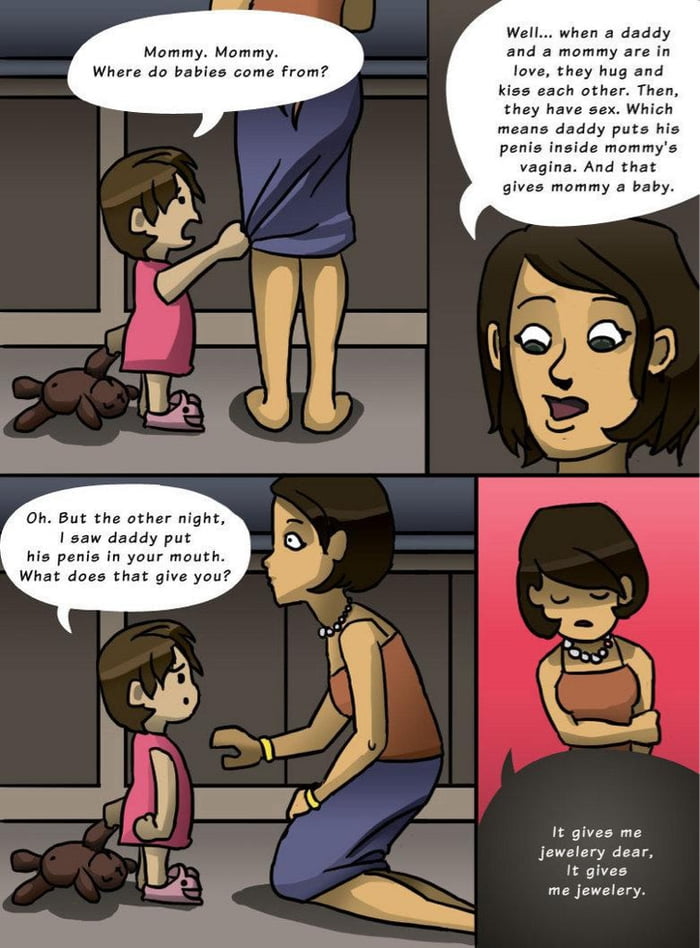 The manipulator criticizes the actions of the victim, can make fun of appearance and habits, devalue feelings. Gaslighting can cause great harm to a person's mental health - lead to loss of self-esteem, depression, or even suicide.
The manipulator criticizes the actions of the victim, can make fun of appearance and habits, devalue feelings. Gaslighting can cause great harm to a person's mental health - lead to loss of self-esteem, depression, or even suicide.
What exactly is gaslighting?
Gaslighting is difficult to recognize and, therefore, just as difficult to grab the hand of the person who uses it. The aggressor confuses the tracks, blaming his victim for everything, forcing her to doubt seemingly objective facts.
A simple example. A husband ridicules his wife because she has gained weight after giving birth and looks sloppy, but when the wife is upset, he says that he is just worried about her health. Thus, aggression and attacks on a person's appearance are disguised as good intentions.
Another example. A married couple goes to a party where the husband flirts with the woman and is too obviously trying to please her. The wife does not like this, and upon returning home, she tries to clarify the situation. But instead of explanations, he hears: “Are you crazy? There was nothing there! We were just talking! And in general, you stood with such a face that I was uncomfortable in front of people! I think you have some kind of jealousy problem.” Thus, the gaslighter not only makes his victim doubt reality, but also tries to convince them that they are the problem.
But instead of explanations, he hears: “Are you crazy? There was nothing there! We were just talking! And in general, you stood with such a face that I was uncomfortable in front of people! I think you have some kind of jealousy problem.” Thus, the gaslighter not only makes his victim doubt reality, but also tries to convince them that they are the problem.
This is generally true of gaslighters. From them you can often hear phrases like “you are making it up”, “I didn’t really mean it”, “it didn’t happen”, “in fact, it was you who started that argument” and so on.
All this causes the person in a relationship with a gaslighter to experience a complex range of emotions.He may feel too emotional, too harsh, too distant - in general, not good enough for his partner.He becomes uncomfortable or simply afraid to express his opinion He begins to think that it is he who is to blame for everything and he sinks into a constant feeling of guilt.He ceases to be sure of his feelings and sensations - and so on. 0003
0003
Actually, this is why victims of violence do not resort to outside help - they think that it is they who are to blame for everything, or that “nothing terrible happened” or both. Needless to say, this is a false sensation created in the person by the gaslighter - and that the only way to resolve the situation is to ask friends, relatives and / or a therapist for help.
Why do gaslighters do this?
Gaslighting is not always a conscious behavior on the part of the manipulator. As a rule, people of a narcissistic warehouse resort to it. Their personality is organized in such a way that it needs constant approval, constant confirmation that they are better than others. How to get this confirmation? Either really “rise” above others, having achieved some success, or - and this is just a case of gaslighting - to belittle people around and thus be “higher” and “better” than them.
In addition, gaslighting also serves as an unconscious element of control. People inclined to it, as a rule, faced some kind of violations in relations with their parents. Let's say a child grew up with a cold and emotionally absent mother and experienced very complex emotions about this. To insure itself against a repetition of this situation in the future, his psyche began to come up with various tricks aimed at keeping close people nearby, in order to control them and thus rid himself of the painful emotions associated with the feeling of abandonment.
People inclined to it, as a rule, faced some kind of violations in relations with their parents. Let's say a child grew up with a cold and emotionally absent mother and experienced very complex emotions about this. To insure itself against a repetition of this situation in the future, his psyche began to come up with various tricks aimed at keeping close people nearby, in order to control them and thus rid himself of the painful emotions associated with the feeling of abandonment.
In addition, there is another nuance in the situation with the absent mother. Among other emotions, the child also experiences aggression towards the mother - however, this is a very dangerous and incomprehensible feeling for him, so he cannot express it. This aggression accumulates in him and becomes part of the mental structure. Thus, gaslighting becomes a mechanism not only to retain and control a loved one, but also an expression of the very aggression that has accumulated over many years.
How to deal with gaslighting?
This is quite difficult, and most of the time it makes no sense.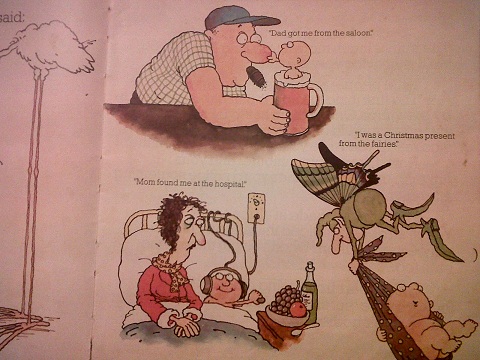 The gaslighter is essentially in a relationship not with you, but with the evil and aggressive phantoms of his past - and it will hardly be possible to convince him of this (or at least draw his attention to this).
The gaslighter is essentially in a relationship not with you, but with the evil and aggressive phantoms of his past - and it will hardly be possible to convince him of this (or at least draw his attention to this).
However, there are some tips that can be given to those who are in a relationship with a gaslighter. First, don't try to argue with him. More precisely, avoid getting emotionally involved in this argument, because as soon as you start to give some arguments, you will be accused of being hysterical, crazy, misunderstanding everything, and so on. The best strategy is to calmly emphasize that your view of the issue is different and convey this to the person with a neutral phrase like “We look at this differently, let's discuss it.”
Second, deal with the doubts about yourself and reality that the gaslighter imposes. To do this, it is useful to talk about the situation to someone outside your relationship: a third-party assessment will help to look at the situation objectively.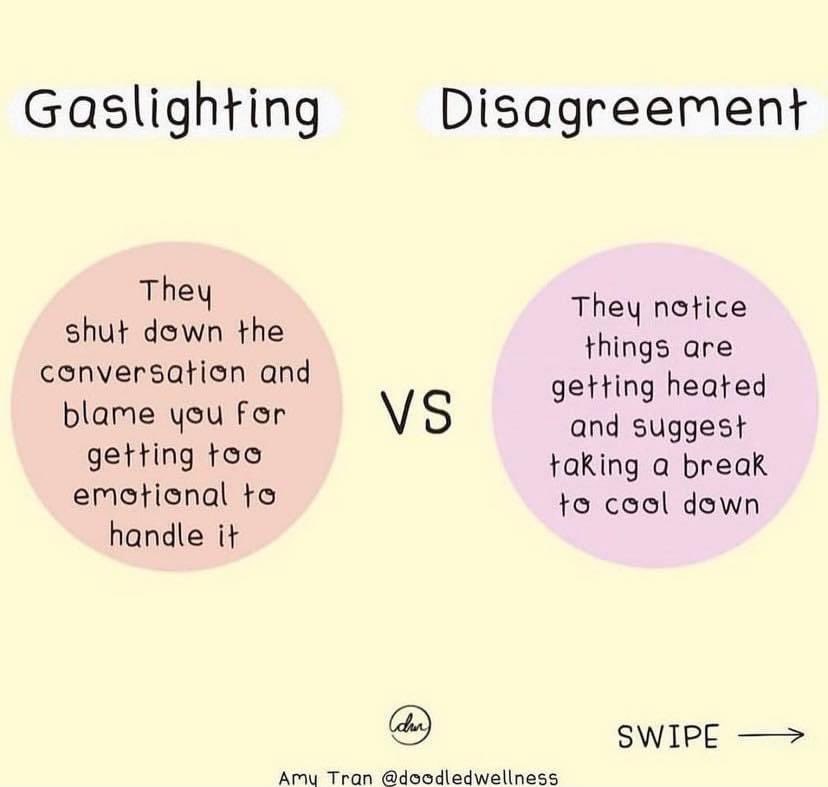
And finally, third, seek the help of a psychotherapist.
What is gaslighting: signs and methods of struggle
Typical phrases of gaslighters: “I did not say that”, “You are confusing something”, “It's just a joke”, “You are too sensitive”. If you often hear this in your address, we advise you to beware. Gaslighting can take on many different dimensions, and most importantly, it is much more common than it seems.
- What is gaslighting
- Signs of gaslighting
- Gaslighting Tactics
- Examples of gaslighting
- The dangers of gaslighting
- How to deal with gaslighting
- Comments of psychologists
What is gaslighting
Advertising on RBC www.adv.rbc.ru
Gaslighting is a form of psychological abuse in which the manipulator denies what happened, trying to make the victim doubt their own memories and change their perception of reality.
The gaslighter systematically devalues the words, experiences, deeds, and successes of another person [1]. In the end, his victim begins to feel helpless and insecure. A person is increasingly thinking about his emotional stability and adequacy, while a gaslighter gets almost complete control in a relationship [2]. Such manipulation tactics are found everywhere - in a couple, in a family, at work, in a circle of friends. However, gaslighting may or may not be intentional.
In the end, his victim begins to feel helpless and insecure. A person is increasingly thinking about his emotional stability and adequacy, while a gaslighter gets almost complete control in a relationship [2]. Such manipulation tactics are found everywhere - in a couple, in a family, at work, in a circle of friends. However, gaslighting may or may not be intentional.
The term began to be used in the middle of the 20th century. It owes its appearance to George Cukor's 1944 film Gaslight. According to the plot, the insidious husband manipulates the mind of a young wife, forcing her to consider herself mentally ill. First, he convinces his beloved that she has no talent for singing, persuades her to leave her career and return to her hometown. And then he begins to arrange strange incidents, convincing the girl that nothing unusual is happening around. As it turns out, the hero does all this in order to take possession of the inheritance of his wife.
Still from the film "Gaslight"
© Metro-Goldwyn-Mayer
Signs of gaslighting
Gaslighting can be calculated by a number of characteristic signs.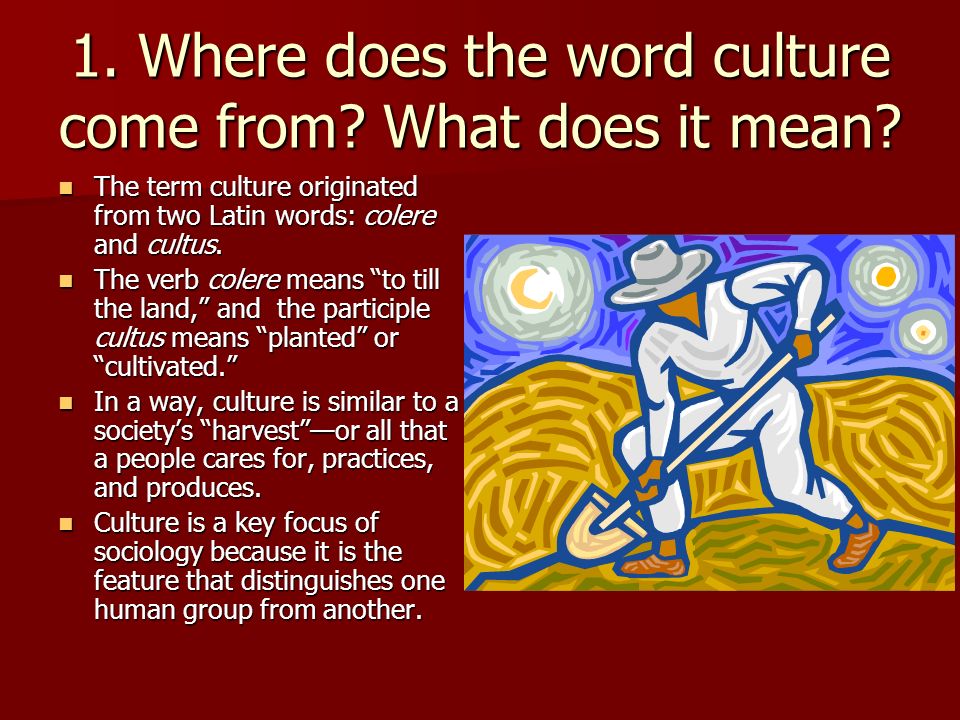 To do this, you need, first of all, to carefully listen to your own feelings. Here is a list of "symptoms" that may indicate that you are in a relationship with a manipulator:
To do this, you need, first of all, to carefully listen to your own feelings. Here is a list of "symptoms" that may indicate that you are in a relationship with a manipulator:
- you think you are doing everything wrong;
- you push your desires into the background;
- you feel anxiety and self-doubt;
- you always blame yourself if something goes wrong;
- you have difficulty making even simple decisions;
- you suspect yourself of excessive sensitivity;
- you stopped enjoying your favorite activities;
- you think that you used to be more confident and cheerful;
- you often apologize to your partner, parents, colleagues.
As a rule, psychological abuse occurs gradually and imperceptibly. A person being gaslighted usually goes through three stages. They are not always consistent and may overlap.
1. Denial
At this stage, the first signs of gaslighting appear. The victim notices unusual changes in the behavior of the gaslighter, but does not attach much importance to this. For example, he may say something offensive to you or deny previous actions. You are surprised by this, but still confident in your point of view.
The victim notices unusual changes in the behavior of the gaslighter, but does not attach much importance to this. For example, he may say something offensive to you or deny previous actions. You are surprised by this, but still confident in your point of view.
2. Protection
A person begins to doubt himself and his perception of reality. He is increasingly criticized by the manipulator and feels frazzled, but continues to defend himself. You argue frantically with the gaslighter and are constantly looking for evidence to convince him of your case and win his approval.
3. Depression
The victim does not have the strength to fight and argue - she loses her "I". The person begins to believe the words of the gaslighter and agrees with all the accusations in order to gain his favor. He feels helpless, overwhelmed, disorganized. In the third stage, clinical depression and anxiety disorders may develop.
© Soulful Pizza/Pexels
Gaslighting Tactics
The gaslighter uses a variety of tactics to mislead the victim and influence their perception of reality. It's about methodical brainwashing. As a result, after some time, the victim becomes emotionally dependent on the aggressor - his mood, opinion, behavior.
It's about methodical brainwashing. As a result, after some time, the victim becomes emotionally dependent on the aggressor - his mood, opinion, behavior.
Here are six of the most common gaslighting strategies. Observe yourself and those close to you. You may be able to recognize yourself or someone you know as the victim or manipulator.
1. Denying the facts
Gaslighters love to rewrite history. To make a person doubt their own memory, they distort the facts and change the details of events. The manipulator may categorically deny having said or done anything, even if the evidence suggests otherwise.
Instead, he will accuse the victim of lying: “Why are you composing? This has never happened!” Gaslighters can be so convincing that people really start to believe their version of events. The situation is aggravated if a distracted and forgetful person becomes a victim.
2. Bad jokes
The gaslighter is usually someone from a close circle. These are the people who have the greatest influence on us. They know about our vulnerabilities, weaknesses and experiences, which means that if they wish, they can easily use this knowledge to their detriment.
These are the people who have the greatest influence on us. They know about our vulnerabilities, weaknesses and experiences, which means that if they wish, they can easily use this knowledge to their detriment.
For example, gaslighters often make caustic and rude jokes about the victim, make inappropriate remarks, or give offensive nicknames. All this is disguised as friendly banter, when in fact the task of the manipulator is to hurt and humiliate.
3. Devaluation of emotions
Gaslighters often discount and ignore other people's feelings. If you are offended by his joke, be prepared to hear: “You are too sensitive! Don't make an elephant out of a fly." If you say that you feel bad, he will answer: “You thought of everything, it seems to you. Better do something useful."
The manipulator shifts the focus to his own experiences and needs, ignoring the state of mind of the victim. Over time, a person begins to believe that all his emotions and reactions are wrong, and ceases to trust his feelings. As a result, the gaslighter gains even more power.
As a result, the gaslighter gains even more power.
4. Emphasizing the inadequacy of perception
From time to time, each person needs to "check the clock" with other people. We are looking for evidence of the accuracy of our perception of reality and the adequacy of statements. The gaslighter, on the contrary, tries to convince the victim that her reaction to the events that are taking place is abnormal.
He can say: "You've been very strange lately", "You're reacting inappropriately", "Are you sure everything is all right?", "You clearly need help." All this leads to the appearance of doubt, guilt and helplessness in the victim. This is exactly the effect that the manipulator achieves.
5. Shifting Responsibility
The Gaslighter does not under any circumstances acknowledge the fact of manipulation. Instead, he will look for the guilty around him and will always come up with an explanation for his actions - he was provoked, forced or framed. A typical example of a reaction is: “I didn't mean anything bad. You took me out."
You took me out."
With this method of psychological abuse, the manipulator often projects his shortcomings onto others. He blames the victim for the behavior that is characteristic of himself. As a result, a person begins to make excuses and switches attention from the gaslighter to himself.
6. Aggression and hostility
The gaslighter is always on the offensive. His favorite form of defense is attack. For example, if you suspect such a person of treason, he will accuse you of pathological jealousy, low self-esteem and self-doubt. And if you show him evidence, he will become aggressive.
In addition, the gaslighter tends to belittle the successes and achievements of his victim. Marker phrases: “At your age, I knew how to do this for a long time”, “Nothing special”, “Everyone can do it”, “And you try to do it faster / better”. His job is to make the victim feel inferior.
© Jure Siric/Pexels
Examples of Gaslighting
Gaslighters are not always easy to identify: they don't bruise and often masquerade as harmless humor, constructive criticism, or concern. It is easiest to understand this phenomenon with specific examples.
It is easiest to understand this phenomenon with specific examples.
Couple gaslighting
Example: a woman is sure that her husband is cheating on her. She notices long hair on his shirt, lipstick marks on his neck. The man is increasingly late at work and does not pick up the phone. At the same time, to her suspicions, he says: “You are paranoid! Instead of feeding me dinner, you ask stupid questions. See a psychologist and don't distract me from work!"
Bottom line: after some time, the woman loses the ability to accurately assess what is happening. She begins to doubt her conclusions, blames herself for being too suspicious, and finally apologizes to her husband for baseless accusations.
Gaslighting for children
Example: A boy gets an A in chemistry, a subject that he struggles with. After school, he hurries home to please his parents. He proudly shows the diary to his father, and in response he hears: “So what? What are you so happy about? Also a great achievement for me! At your age, I generally had only fives.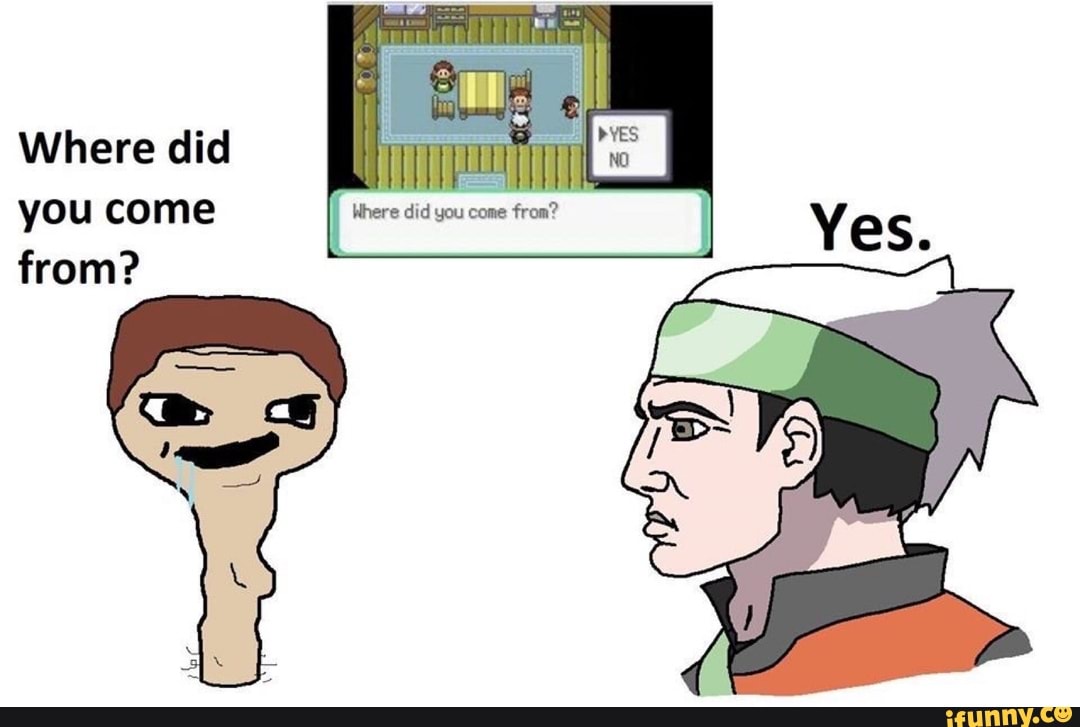 And you're not trying hard enough."
And you're not trying hard enough."
Bottom line: according to the father, this is how he stimulates his son's interest in learning and motivates him to strive for high results. In fact, the child ceases to trust his own emotions, becomes convinced of his insolvency and grows up insecure.
Gaslighting with a friend
Example: One friend regularly criticizes another about her appearance, hobbies, interests, and tastes. “I’m only telling you all this because I love you,” the girl explains. In addition, she likes to make sharp jokes about her friend and tell her about what they say about her behind her back. Most often, these are offensive things. But sometimes you can hear a compliment from her.
Outcome: The girl's self-esteem drops, but she continues to communicate with a toxic friend, because she gives the appearance of caring. In addition, the gaslighter wants to isolate the insecure girl from other people in order to gain more control over her. And her rare compliments are a way to confuse and keep on the hook.
Gaslighting in the workplace
Example: A new employee receives an assignment from a supervisor. He writes down everything that needs to be done and gets to work. When the assignment is completed, the boss reprimands the subordinate in front of everyone. He claims to have asked for something else. The employee shows the notes, but the manager replies indignantly: “Are you kidding me? How could I give you such an order! Are you all right?"
Bottom line: after a few remarks, the worker begins to believe that he misunderstands the words of the management. He gets confused, feels insecure in meetings, feels guilty, and is constantly under stress. As a result, its performance drops [3].
© Joanne Adela/Pexels
In addition, experts distinguish the following types of manipulation.
- Self-gaslighting: when a person denies and devalues their own feelings (“I always exaggerate everything”, “I am ashamed to be upset about this”, “I am too sensitive”).

- Physician gaslighting: when the physician ignores the patient's complaints, mistakenly believing that his symptoms are the result of a psychosomatic disorder.
- Racial gaslighting: when gaslighting techniques are applied to a person because of their race or ethnicity.
- Political gaslighting: when politicians refer to the mental instability of opponents, distort facts or hide information in order to gain control over people.
Why gaslighting is dangerous
A person who has become a victim of gaslighting ceases to trust his feelings. Over time, due to the actions of the manipulator, he may seriously begin to think that he is suffering from a mental disorder. In addition, systematic gaslighting often leads to real psychological and emotional problems. Among them - increased anxiety, depression, post-traumatic stress disorder, the formation of codependency. All this makes it difficult for the victim to get out of the influence of the manipulator.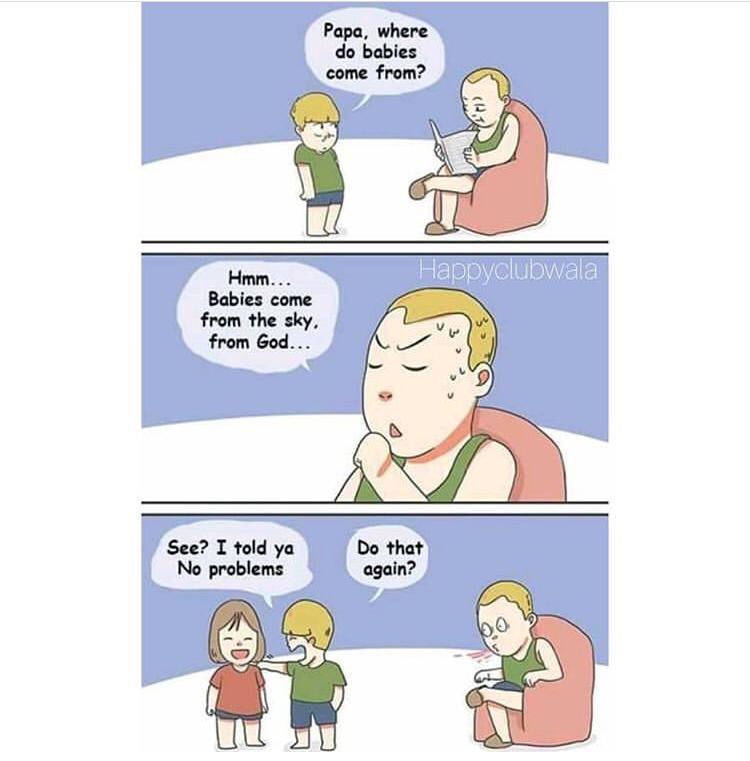
“Victims of gaslighting usually have very low self-esteem. It is difficult to have a good opinion of yourself when you are constantly being proved that this was not or cannot be felt, what you feel is all “nonsense” and “fiction”. Immediately you begin to feel somehow different, ”explains Anastasia Afanasyeva, a psychiatrist, psychotherapist, specialist in the Alter psychologist selection service.
Another important point: emotional abuse often develops into assault. So, if a person experienced gaslighting at the beginning of a relationship, they are more likely to experience physical abuse in the future.
Some experts suggest that gaslighting can cause schizophrenia. “Psychosis can potentially happen, but gaslighting is unlikely to be the main trigger for this. Most likely, the person already had a genetic predisposition. But to stop understanding and distinguishing your emotions, to lose confidence in your own memory, to start devaluing what is happening to you - these are the direct consequences of gaslighting, ”adds Anastasia Afanasyeva.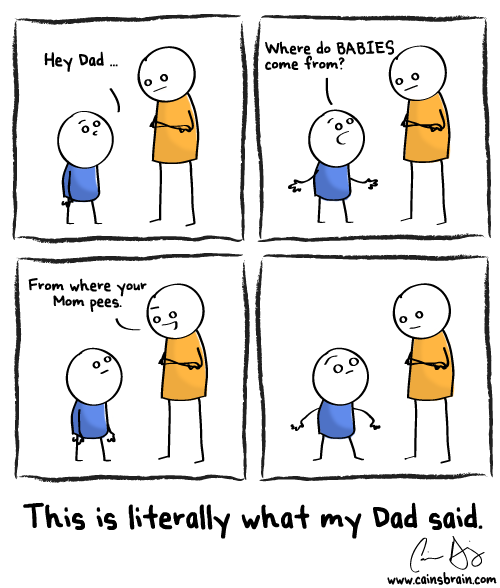
A vivid example of the devastating effect of gaslighting on a person is the Zersetzung technique. Its name can be translated from German as "biodegradation" or "decomposition". In the 1970s and 1980s, this method was actively used by members of the GDR secret services to fight the “internal enemy”.
They broke into dissidents' houses and made minor changes to the interior: they hung towels, rearranged papers, opened windows, changed dishes, or poured a different kind of tea into the kettle. At night, people were disturbed by strange calls, their cars were moved to other places, and passers-by on the streets often called them by other names.
Everything was done to undermine a person's belief in his own adequacy. Demoralized victims withdrew into themselves, stopped leaving the house, slowly went crazy. As a result, they not only stopped political activity, but sometimes took their own lives.
How to deal with gaslighting
Psychological pressure can last for years before the victim realizes what is happening.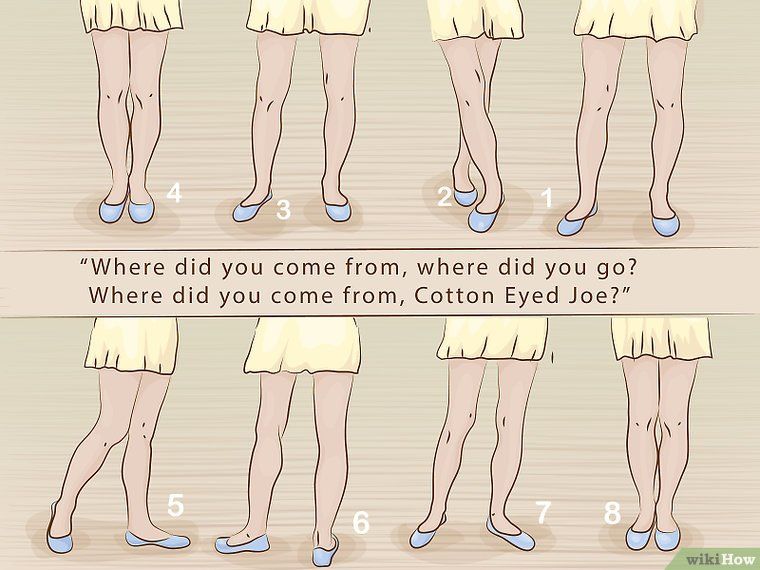 At the same time, relationships with a gaslighter are most often characterized as dependent or codependent, which means that it is especially difficult to get out of them. Here are some helpful tips to help you resist manipulative techniques.
At the same time, relationships with a gaslighter are most often characterized as dependent or codependent, which means that it is especially difficult to get out of them. Here are some helpful tips to help you resist manipulative techniques.
Trust your feelings
Listen to your feelings more often. If you're upset, then you are. Nobody has to convince you otherwise. Remember that you know yourself much better than anyone else, and your judgment of yourself is much more accurate than the opinion of a gaslighter. During disputes, do not try to convince the manipulator - it is pointless. Be firm: stick to your own version of events and facts. This way you can deal with uncertainty even if the gaslighter builds up the pressure. The main thing when communicating with him is a confident tone and a decisive attitude. But you can’t show the aggressor doubts and fears.
“In order to avoid gaslighting, it is important to be aware of your physical and emotional boundaries. That is, you need to understand what is personally acceptable to you and what is not. If a person is well versed in his emotions, knows what his life values are and what he aspires to, then it will be extremely difficult to devalue his words and question his perception of reality, ”explains Anastasia Afanasyeva.
That is, you need to understand what is personally acceptable to you and what is not. If a person is well versed in his emotions, knows what his life values are and what he aspires to, then it will be extremely difficult to devalue his words and question his perception of reality, ”explains Anastasia Afanasyeva.
Enlist the support of friends
Ask people you trust to look at the situation from the outside. Do you really have the problems that the gaslighter talks about all the time? Do they notice your "oddities"? In addition, experts advise recording events: keeping a personal diary, taking photographs, recording conversations on a voice recorder. Firstly, this way you will always have evidence at hand that can be presented at the right time. Secondly, it will allow you to double-check your own words and memories. If you are convinced that you are right, the gaslighter will not be able to control you.
“The challenge here is not to find the 'correct' solution, but to get a variety of opinions. Perhaps you will see that reality is not as unambiguous as it is presented to you. In addition, sometimes it is useful to sit down and write a story in the third person, as if watching yourself from the side. This exercise will help you understand more clearly whether something is really wrong with you or with another person,” advises Anastasia Afanasyeva.
Perhaps you will see that reality is not as unambiguous as it is presented to you. In addition, sometimes it is useful to sit down and write a story in the third person, as if watching yourself from the side. This exercise will help you understand more clearly whether something is really wrong with you or with another person,” advises Anastasia Afanasyeva.
© Ksenia Chernaya/Pexels
Don't Blame Yourself
The next time a gaslighter begins to distort the facts and try to make you doubt your own adequacy, tell him directly that you are not ready to put up with his behavior. Let the manipulator know that you have figured out his tactics. Clearly define your boundaries and calmly explain that his words offend you and in the future you will not tolerate it. If all else fails and the manipulator continues to gaslight you, be prepared to minimize or completely stop communicating with him. The chances that the aggressor will change his behavior are reduced to zero.
Seek help
Often the victim is manipulated just because it is important for her to stay in a relationship with the manipulator, and not break it off. For example, when it comes to gaslighting as a couple or between family members. In this case, you need to reconsider the tactics of your behavior and start following the new rules. It is best to seek help from a qualified professional. The longer a person is exposed to gaslighting, the more devastating the effects will be. A psychologist will help you cope with anxiety and fears, sort out your doubts and get out of the situation with the least losses.
For example, when it comes to gaslighting as a couple or between family members. In this case, you need to reconsider the tactics of your behavior and start following the new rules. It is best to seek help from a qualified professional. The longer a person is exposed to gaslighting, the more devastating the effects will be. A psychologist will help you cope with anxiety and fears, sort out your doubts and get out of the situation with the least losses.
Psychologist's comment
Anastasia Afanasyeva, psychiatrist, psychotherapist, specialist of the Alter psychologist selection service, lecturer at the Institute of Organizational Psychology
Anyone can become a victim of gaslighting - it all depends on the influence and persuasiveness of the person or group of people who use such manipulations. But there are certain characteristics and personality traits that make people more likely to gaslight.
First, young age and low level of education. Children do not yet have abstract thinking. It is difficult for them to understand their emotions and cause-and-effect relationships, so they take adults at their word. As the parent said, it really is. After all, they have nothing to compare with. The same applies to the level of education.
It is difficult for them to understand their emotions and cause-and-effect relationships, so they take adults at their word. As the parent said, it really is. After all, they have nothing to compare with. The same applies to the level of education.
Secondly, suggestibility. If a person trusts other people more than himself, if the opinions of others and their reactions are more important to him than his own assessment, then the risk of gaslighting is greater. To resist such manipulations, you need to understand your personality well and have a strong internal reliance on things that are important to you personally.
Third, low self-esteem. If everyone around is so smart, wonderful experts, and I am so stupid and awkward - of course, I will believe them, and not myself.
Fourth, codependency. Overreacting to the emotions and actions of other people (especially those who are near and dear to you), a poor understanding of your interests and values, relying on the interests and values of a partner is a direct path to gaslighting.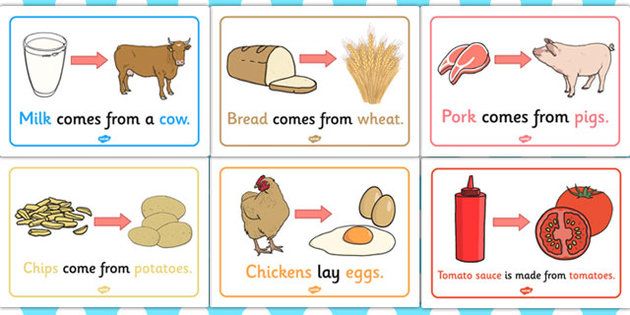
Fifth, the inability to say "no" and defend personal boundaries. If a person is able to fight back and stop disrespectful behavior towards them, they are unlikely to be gaslighted easily.
The last and perhaps the most important point is the experience of violence in early childhood. As practice shows, usually it is he who leads to the formation of all of the above personality traits.
Alena Golzitskaya, systemic family psychotherapist, Alter psychologist selection service specialist, researcher at the Psychological Institute of the Russian Academy of Education
You can't be born a gaslighter. But you can be born with a predisposition to certain behaviors. Due to the type of nervous system or the physiological characteristics of the organism, a person, for example, may be less sensitive to the suffering of others. Abusive behavior is formed when a child observes how a significant adult uses such manipulative techniques when interacting with him or with other people.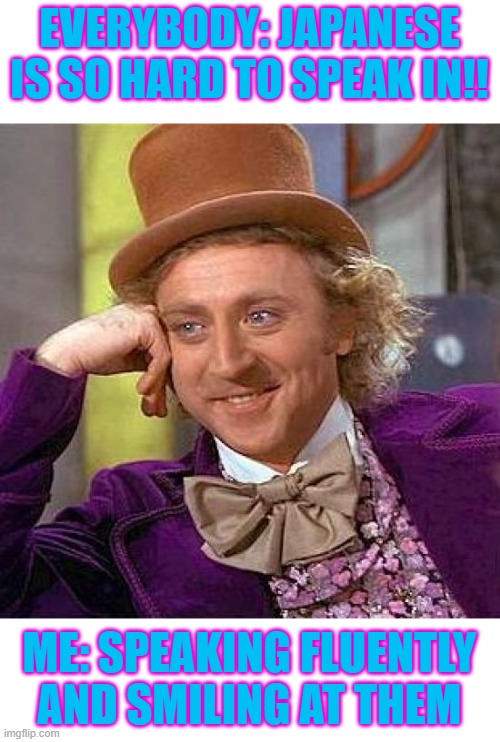
Some parents like to say: "You're making it up - it didn't happen", "I didn't say it and couldn't say it", "You dreamed it", "What are you whining about - nothing terrible happened". If you have heard such phrases addressed to you and at the same time began to doubt your memories or feelings, you have encountered manifestations of gaslighting.
People who engage in abusive behavior rarely think about how it affects others. They seek to derive their own benefit from what is happening. And doubts about whether they behave correctly, as a rule, do not visit them - this is due to the protective mechanisms of their psyche. Therefore, gaslighting is usually noticed by the person to whom it is carried out.
If you want to save the relationship, try telling your partner that you feel uncomfortable when he does this to you. Focus on your feelings and ask him to pay attention to it. Most likely, the partner will need professional psychotherapeutic help in getting rid of the gaslighting pattern.



